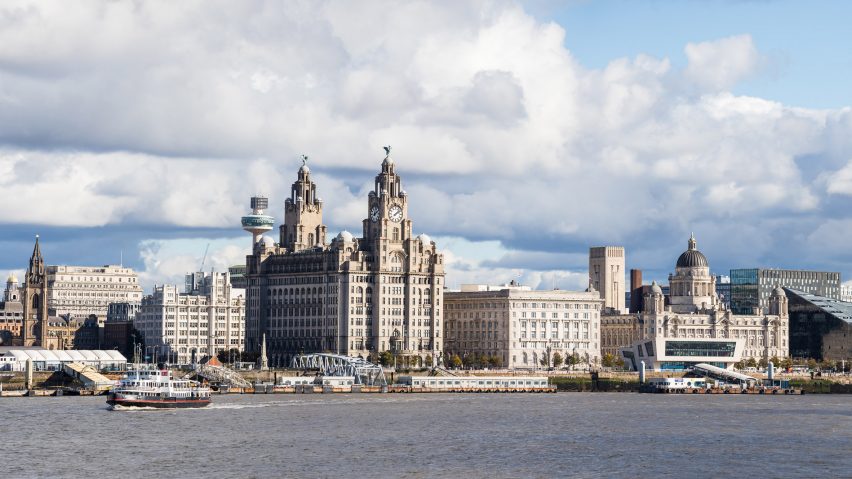
Liverpool stripped of World Heritage status due to waterfront developments
UNESCO has stripped Liverpool of its prestigious World Heritage status after a UN committee found recent developments caused an "irreversible loss of attributes" in the city.
Following a vote that took place in Fuzhou, China earlier today, the UK city has been removed from the list, which designates locations of Outstanding Universal Value (OUV) to humanity and had been given to Liverpool for its historic centre and docklands.
Several recent developments, including the Liverpool Waters development, contributed to the ballot decision which was taken "due to the irreversible loss of attributes conveying the outstanding universal value of the property."
Thirteen members of the United Nations Education, Scientific and Cultural Organisation (UNESCO) committee voted in favour of deleting Liverpool from the register. Five voted against the proposal. The chair of the Unesco World Heritage Committee, Tian Xuejun, announced the decision at a virtual conference.
The decision makes Liverpool the third site to lose the status in just under 50 years. It means that the location is no longer considered to possess OUV.
Liverpool joins Dresden's Elbe Valley and Oman's Arabian Oryx Sanctuary as the only sites to have been stripped of their World Heritage status.
UNESCO recommended city be stripped of its status in June
In a report released by UNESCO last month, a draft decision was made to remove Liverpool's docks from the World Heritage list.
The list of action points includes: "Decides to delete Liverpool – Maritime Mercantile City (United Kingdom of Great Britain and Northern Ireland) from the World Heritage list."
The report cites the £5.5 billion Liverpool Waters development and the planning application for the Everton FC football stadium in Bramley-Moore Dock as justification for stripping Liverpool of its heritage status.
"The inevitable process for the implementation of the Liverpool Waters project and other large scale infrastructure projects in the waterfront and northern dock area of the property and its buffer zone have progressively eroded the integrity of the property and continue to do so as the most recent project proposals and approvals indicate," said the report.
City has faced threat of deletion for nearly a decade
UNESCO states that it made "repeated requests" to the local and national government to protect the site, which largely went ignored.
In 2012, UNESCO placed the city on the danger list as concern grew over the planned Liverpool Waters development in the city's north docks.
Named The Plaza 1821 and Hive City Docks, the pair of high-rise towers by UK studios Hodder and Partners and Brock Carmichael Architects, were given planning approval as part of the Liverpool Waters in 2011 despite warnings about their impact.
Liverpool's docks and historic centre were placed on the list in 2004 to mark the city's role as a major trading port during the British empire.